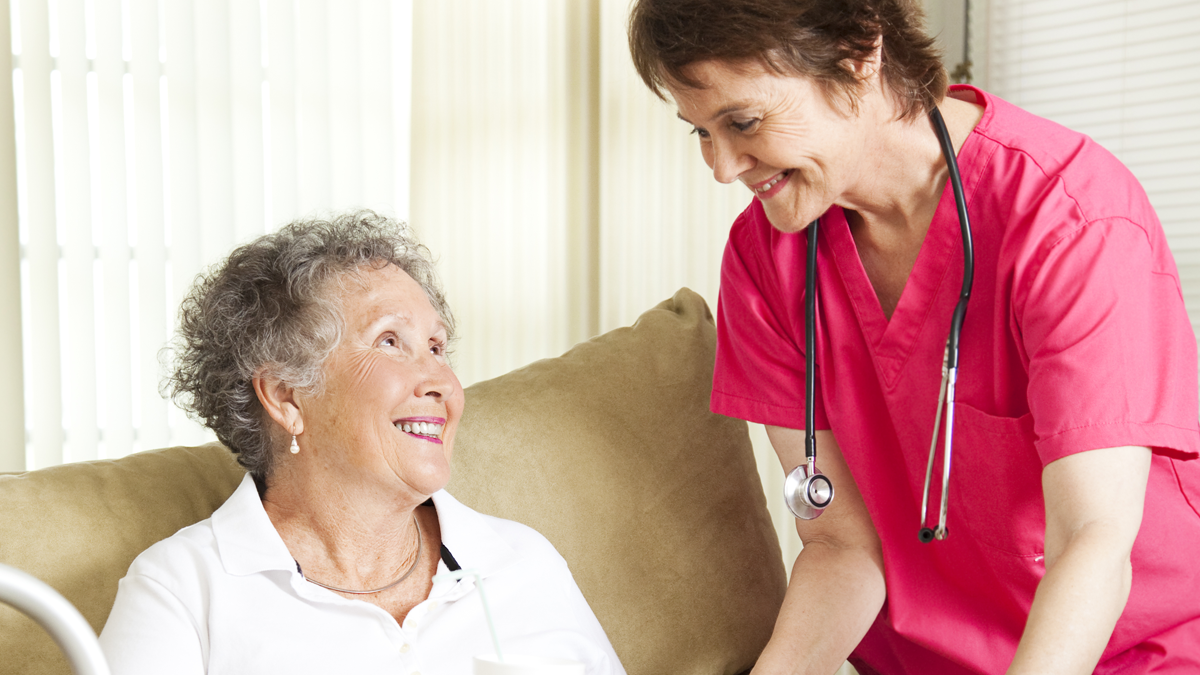HealthLinks Upstate sat down with Carmen Davis, the president of Assisting Angels Homecare, to discuss the importance of reducing hospital readmissions. They take special pride in their low rate of hospital readmittance among their clients. Here they discuss some of the measures they take to ensure that low rate.
HL: What would you say Assisting Angels Homecare takes most seriously in its role?
Davis: The one aspect that is most important to me at our company is the fact that our home-care program reduces readmission at the hospital. This is our whole goal. This is why we’re here.
HL: And why is this especially important?
Davis: It is especially important because statistically, 1 in 5 elderly persons will be readmitted. But, usually, this is avoidable here at Assisting Angels Homecare.
HL: And how does the program reduce readmission at the hospitals?
Davis: Our home care is basically a weapon to fight that risk of hospital readmission. We do this by taking preventive measures at the home. A great example of this would be medication management. By this, we mean that caregivers arrange for medicine to be picked up at a pharmacy, and this also means that the caregivers are giving the clients the proper dosage. The caregivers can also ask questions from doctors about new medicine and how it should be taken properly.
HL: What else can you tell me about Assisting Angels?
Davis: The big thing is preventing falls from happening to our clients. Most elderly people are at fall risk after being in the hospital. We have an emergency response system in coordination with the home care. To help avoid falls, our caregivers help the client or patient from getting into and out of the chair and getting into and out of beds, showers or baths. These falls can even happen when the family caregiver is there because they are not certified in safe transfer techniques.
HL: What are some other preventive measures your company makes?
Davis: Another preventive measure is monitoring their conditions and being on the lookout for negative indicators based on their condition. For example, fluid buildup in the heart and reporting these changes in weight – this would be reported to family and/or a doctor. The home caregivers also prepare meals, giving them proper nutrition and hydration. Caregivers clean out fridges and pantries and stock them with fresh food and cook simple, nutritional meals. They also fix meals in accordance with any dietary requirements that the person has – for example, making sure dietary foods and soft foods are being taken and making sure liquids are being taken to prevent dehydration. Lastly, our home caregivers make sure follow-up is done and they offer transportation to clients. They follow up on doctor’s appointments, physical therapy or treatment appointments. They help get the client to and from their appointments safely, and they make sure to keep track of what they’re doing by being their second pair of ears.
For more information on Assisting Angels Homecare, visit www.assistingangels.com or call 864-288-7100.
By Lucy Mayers
